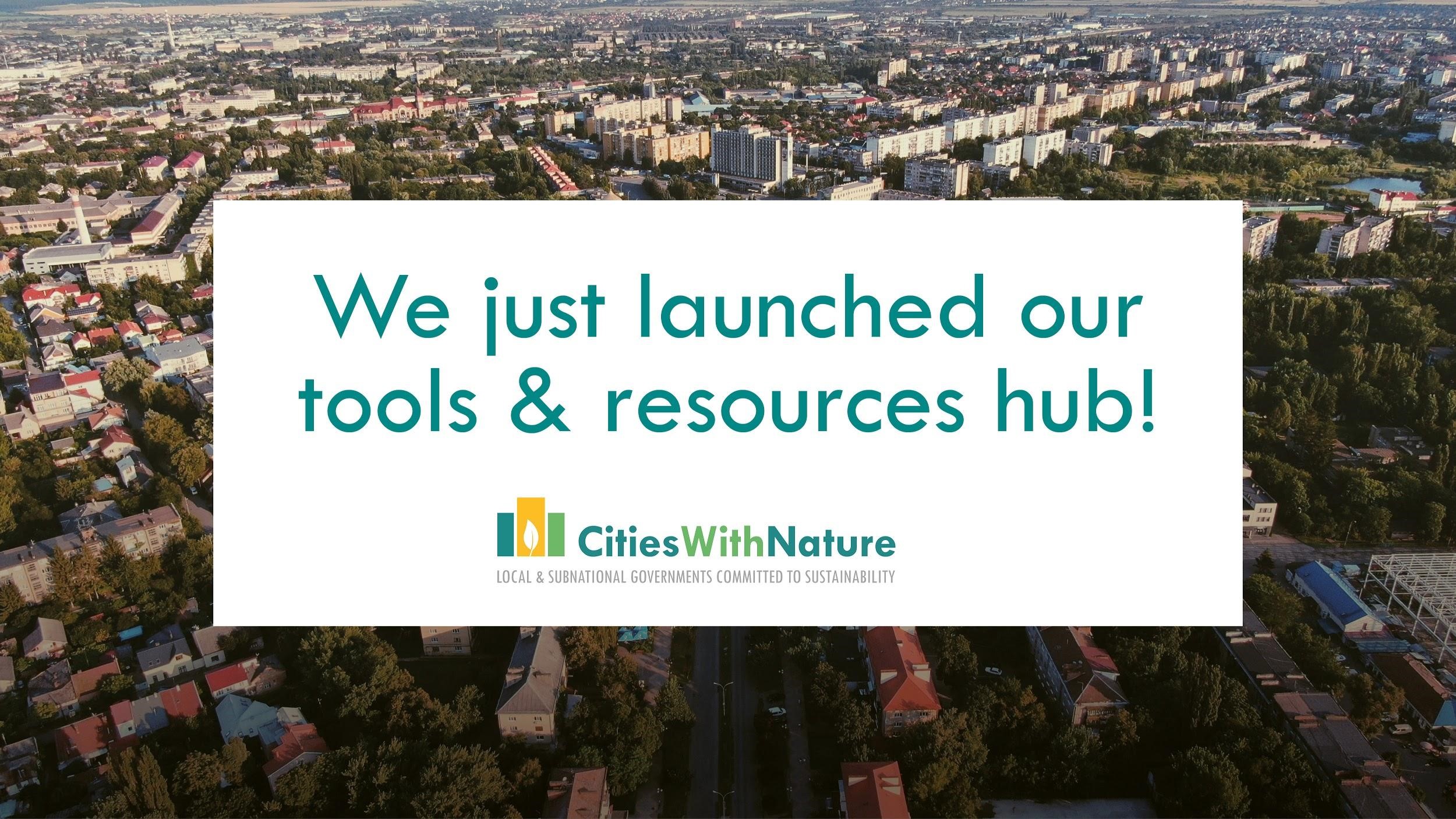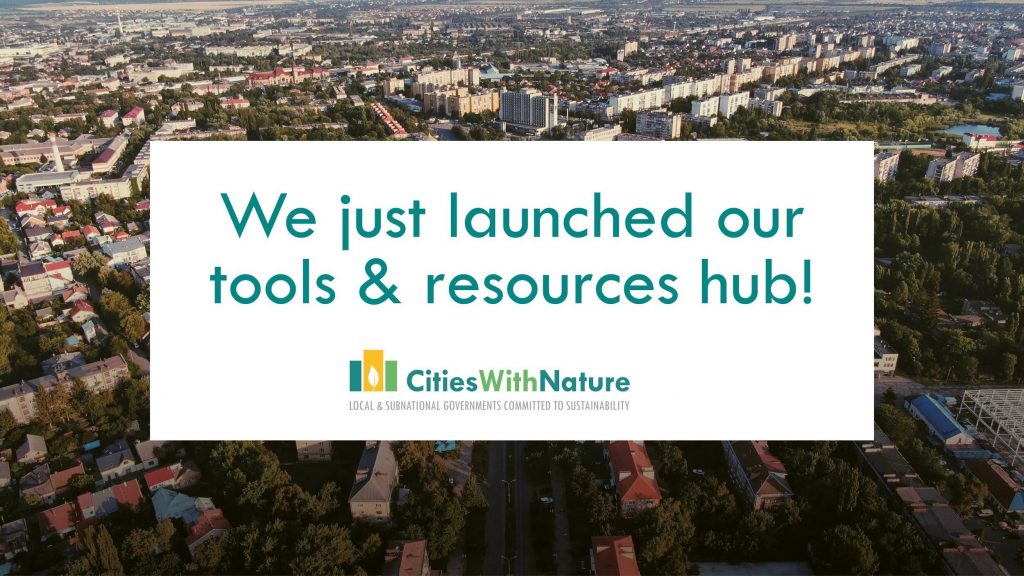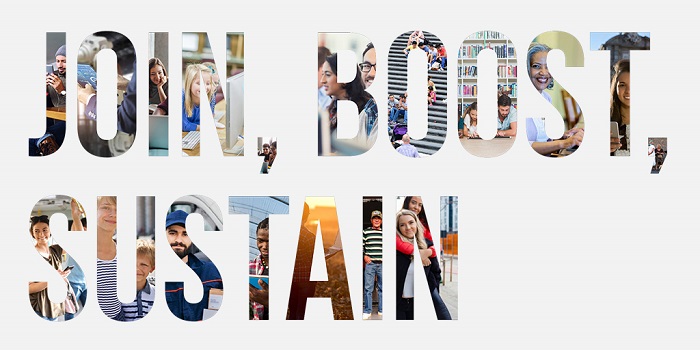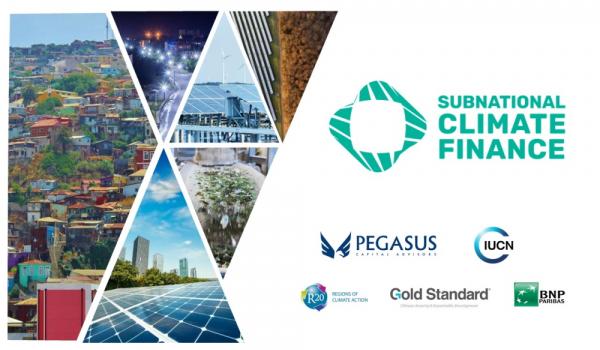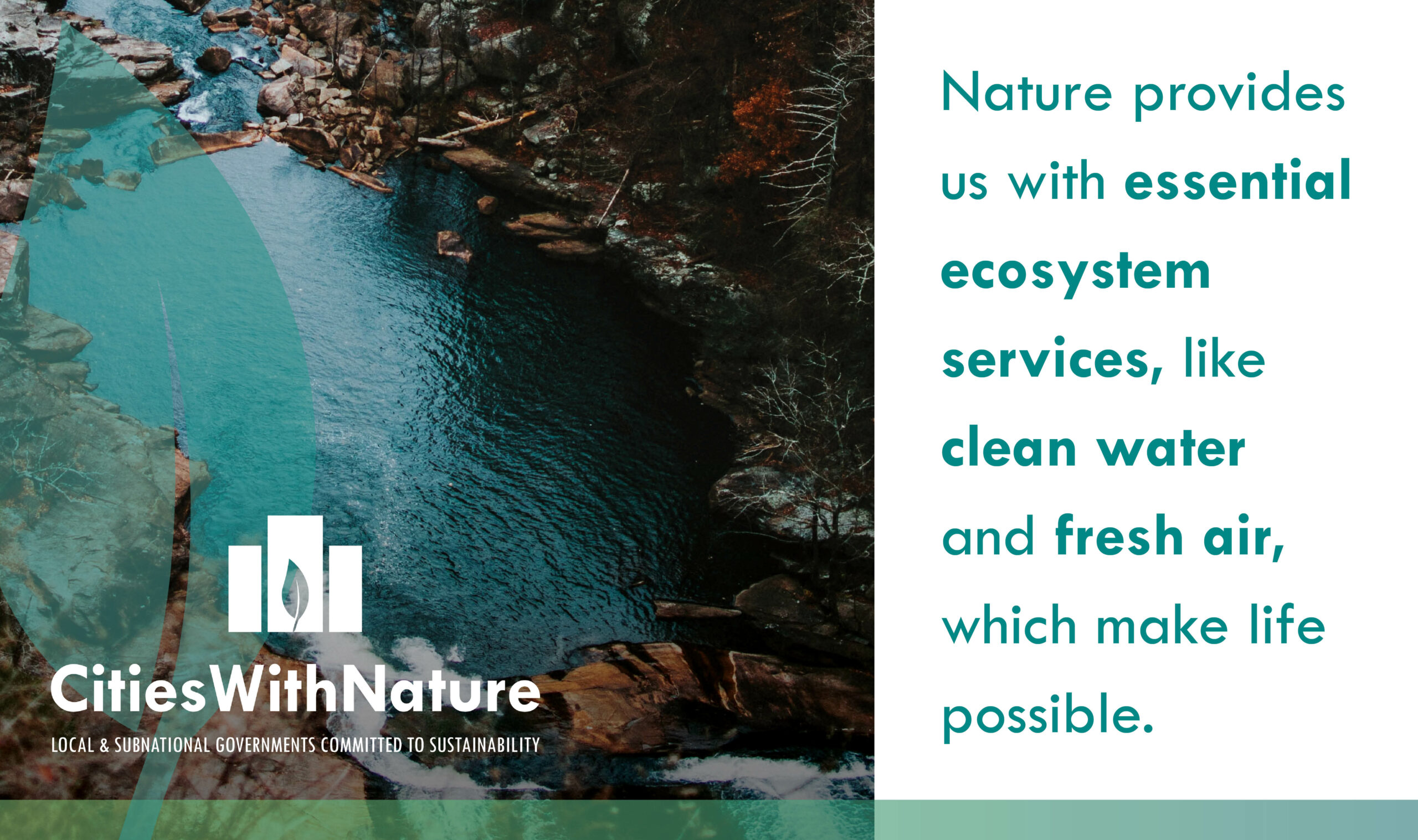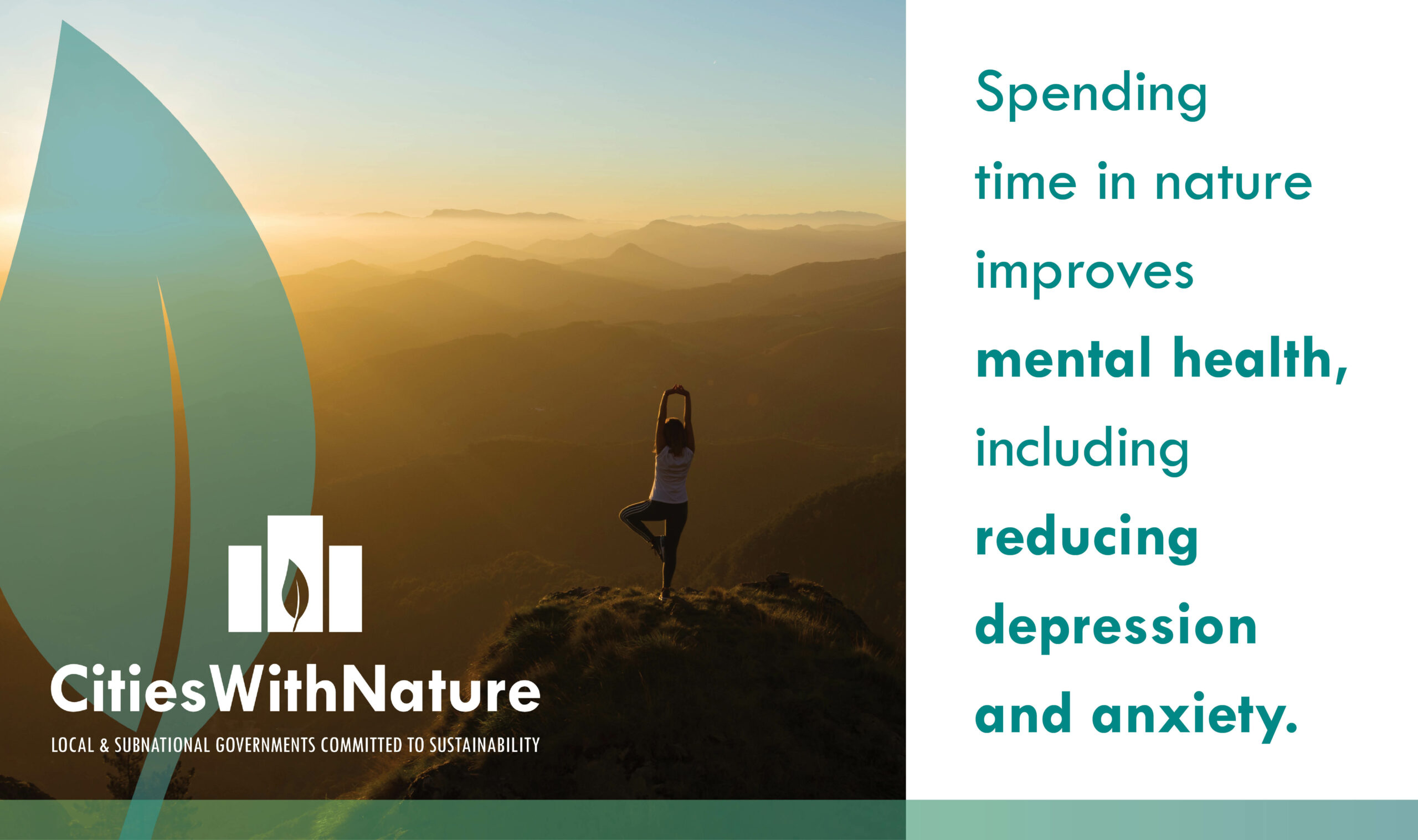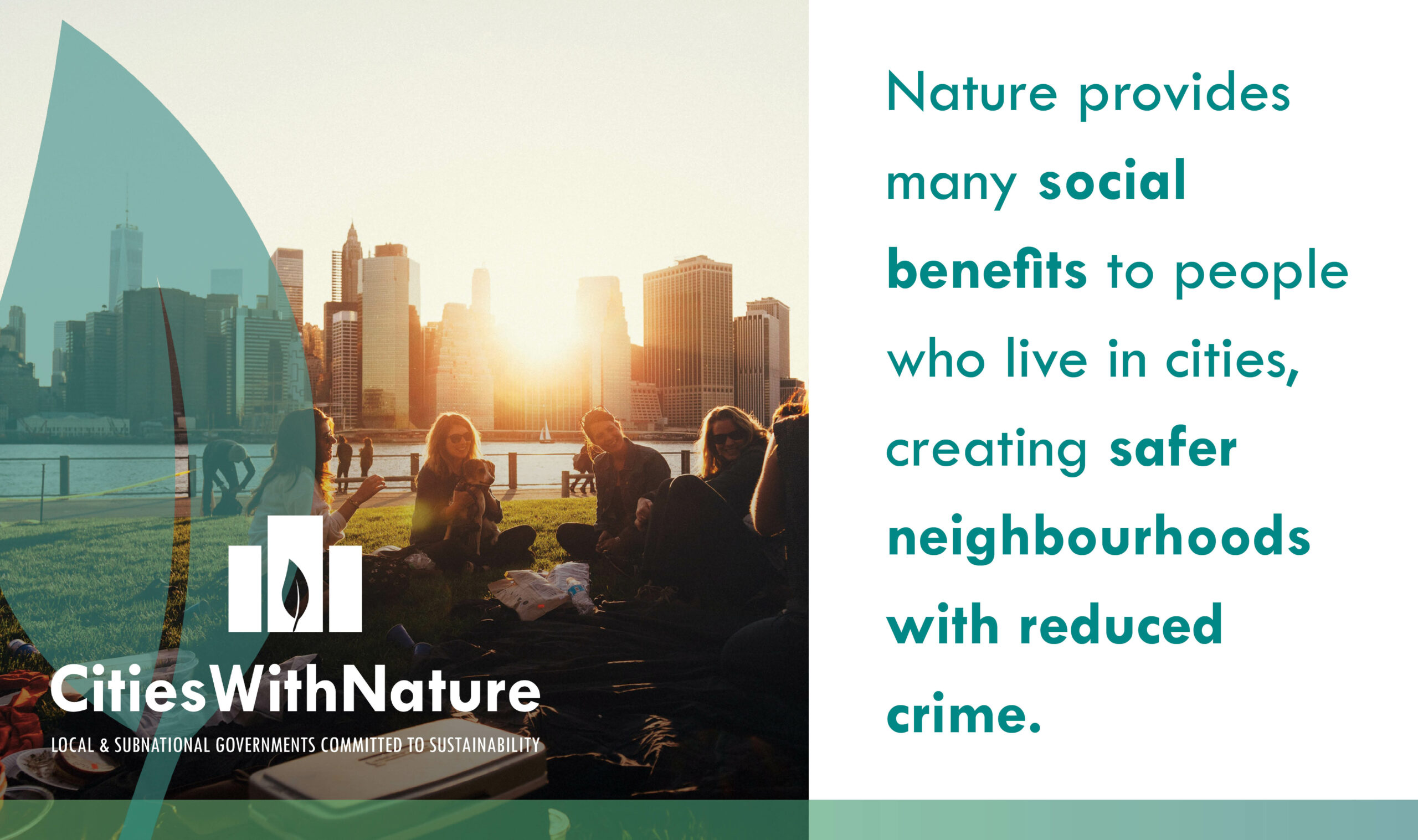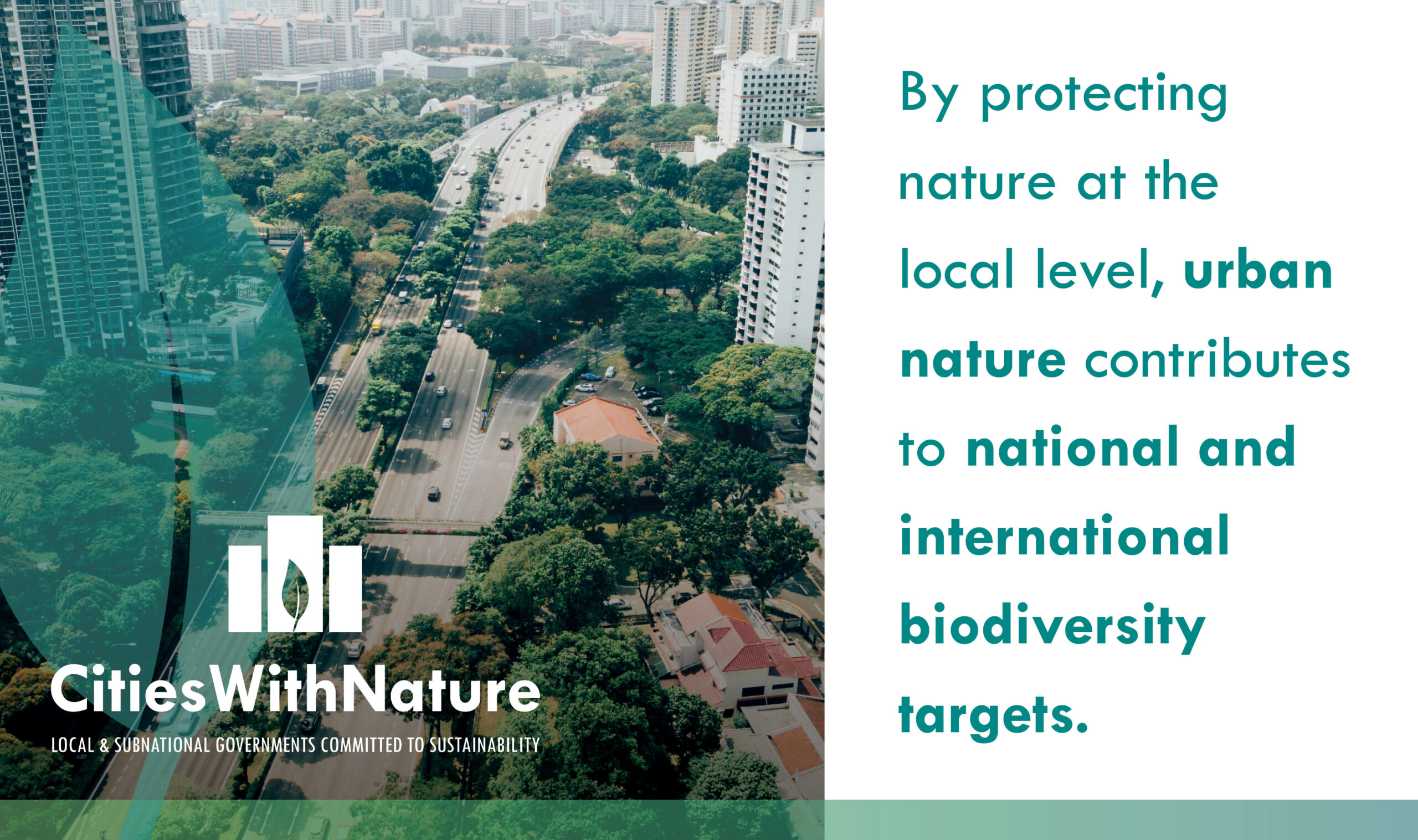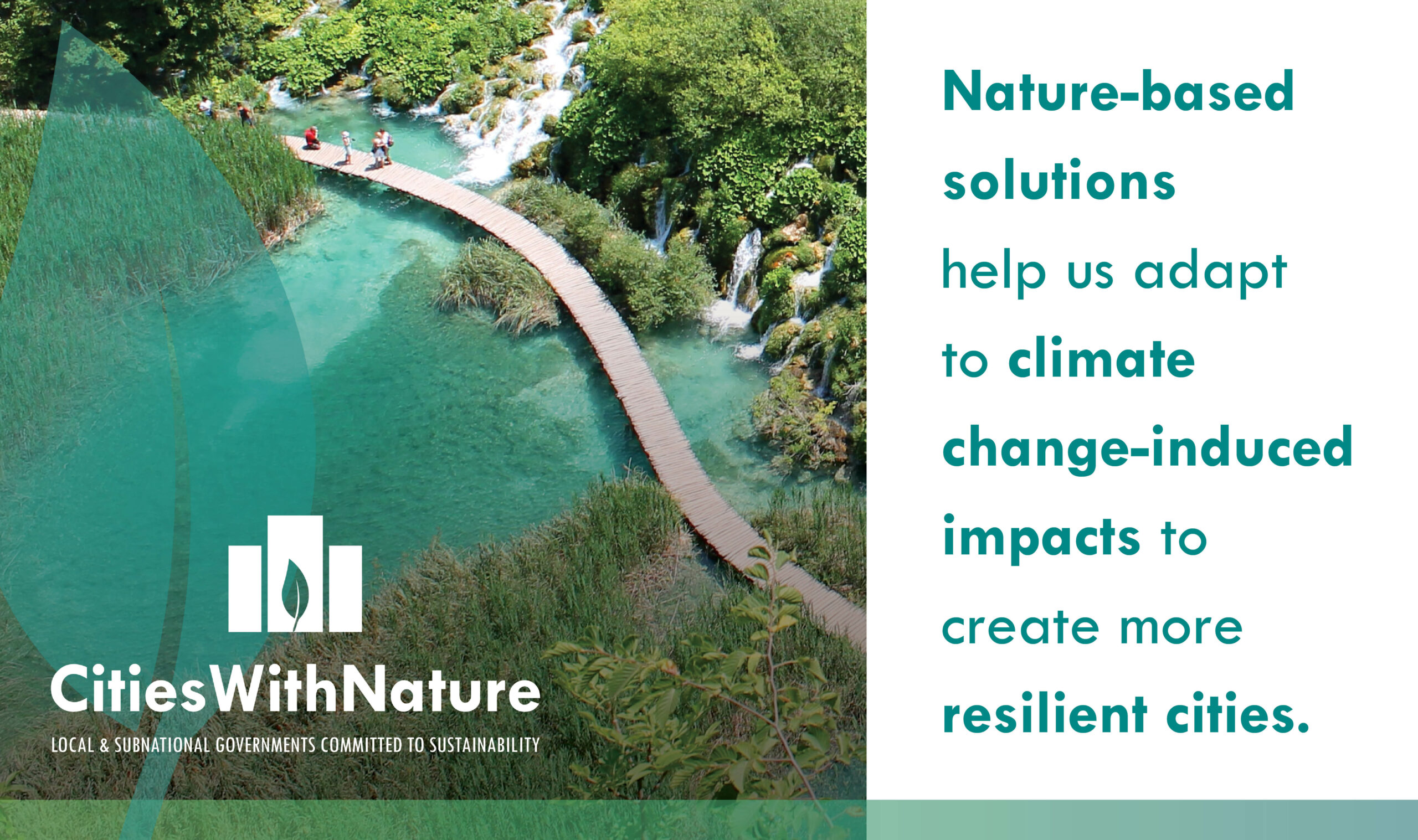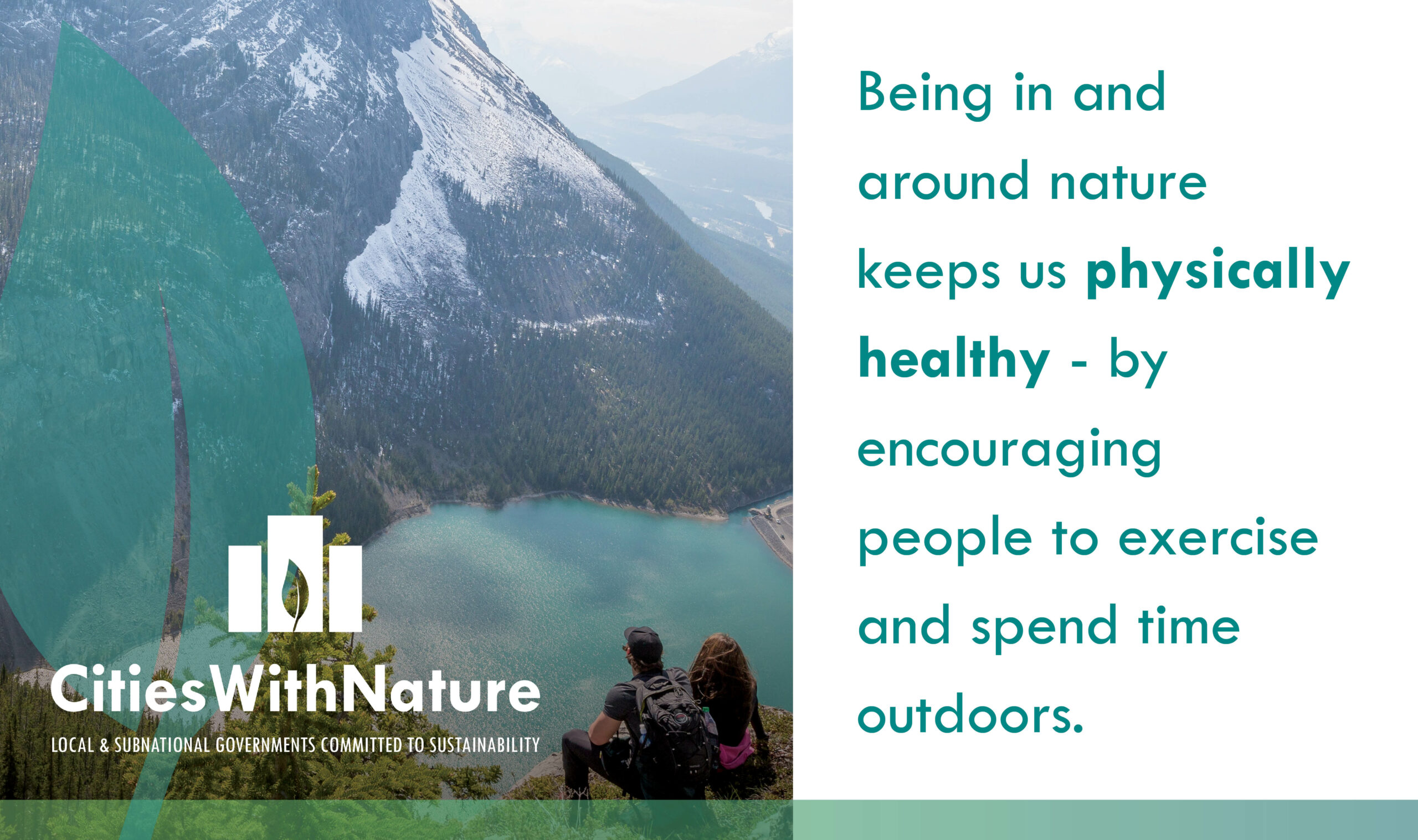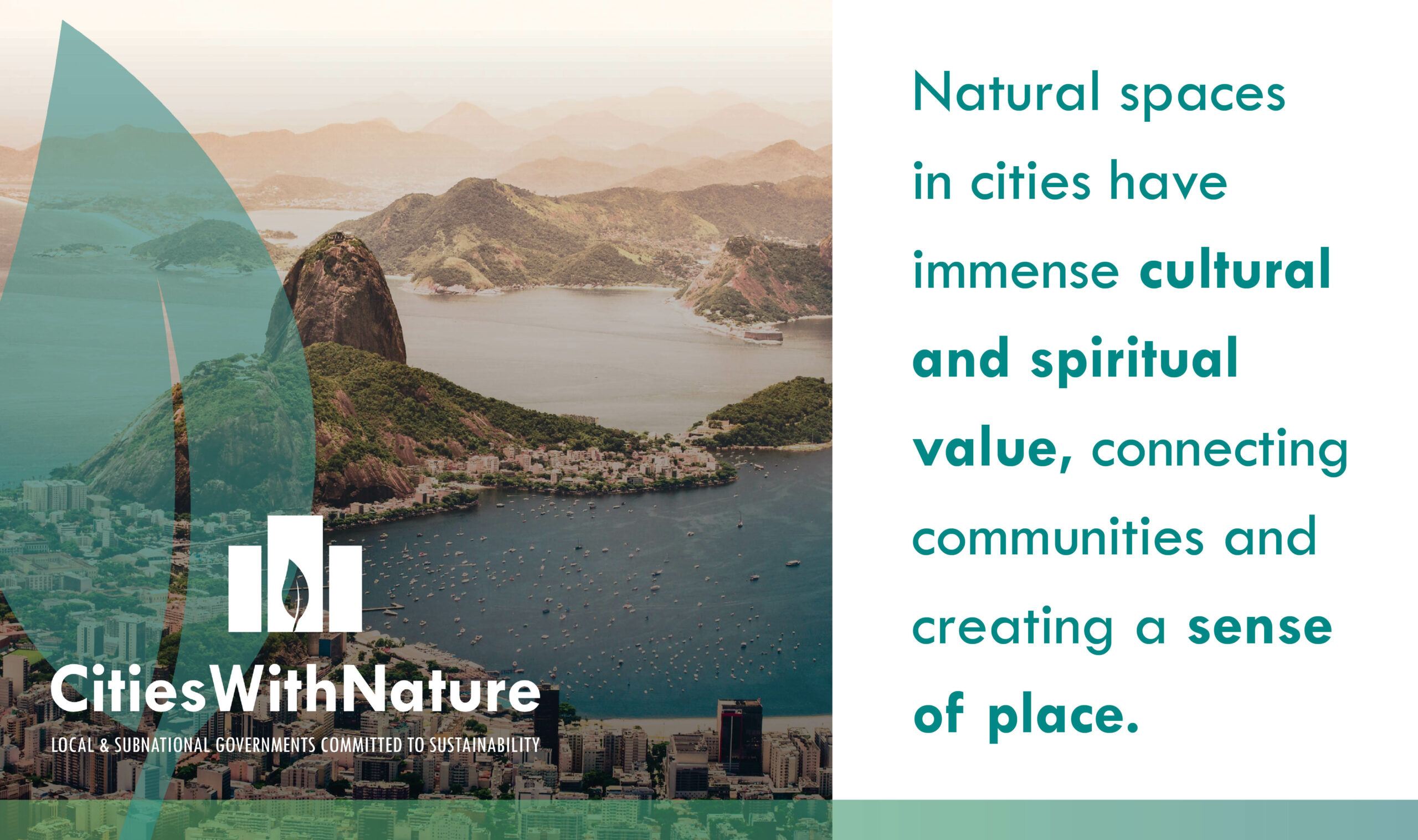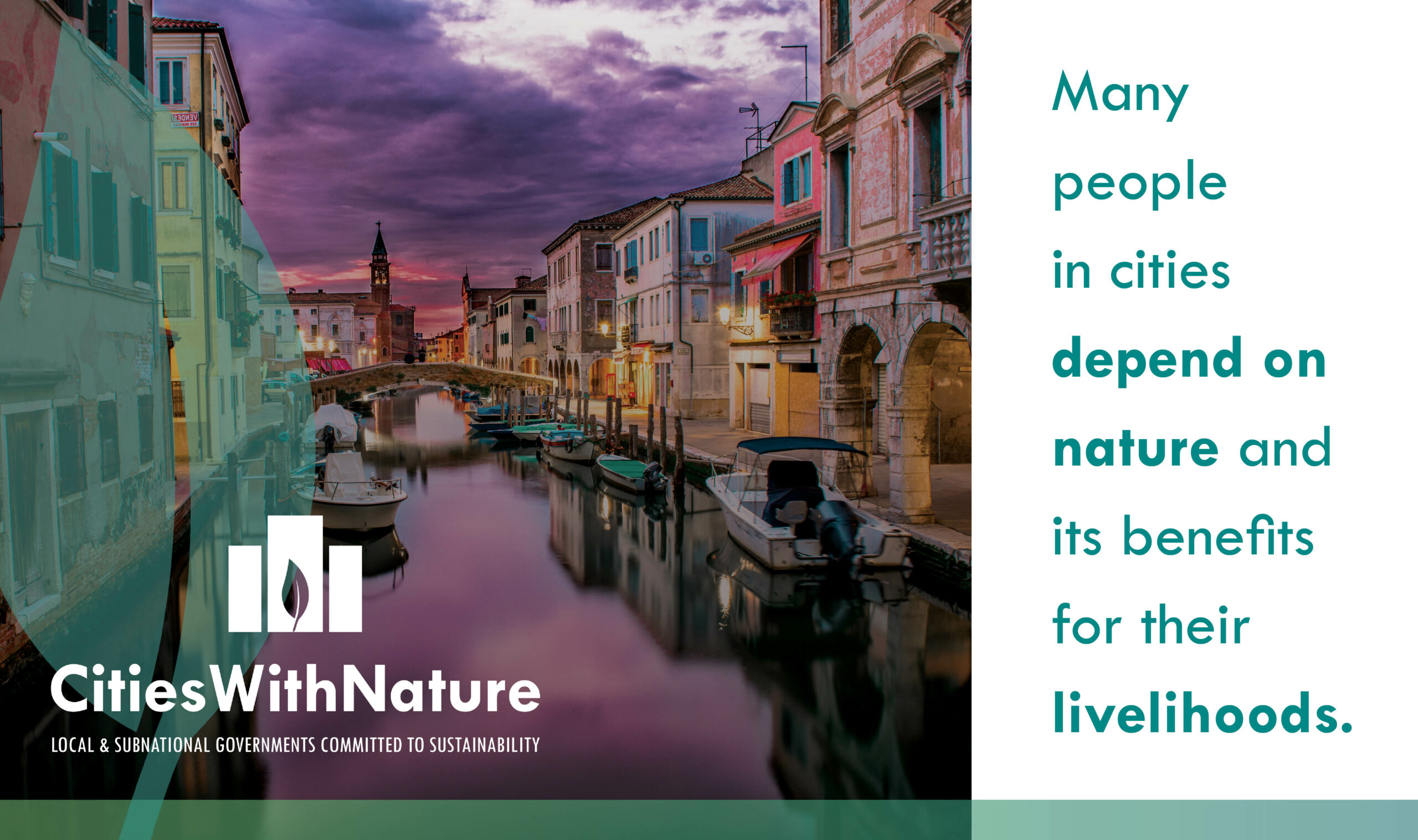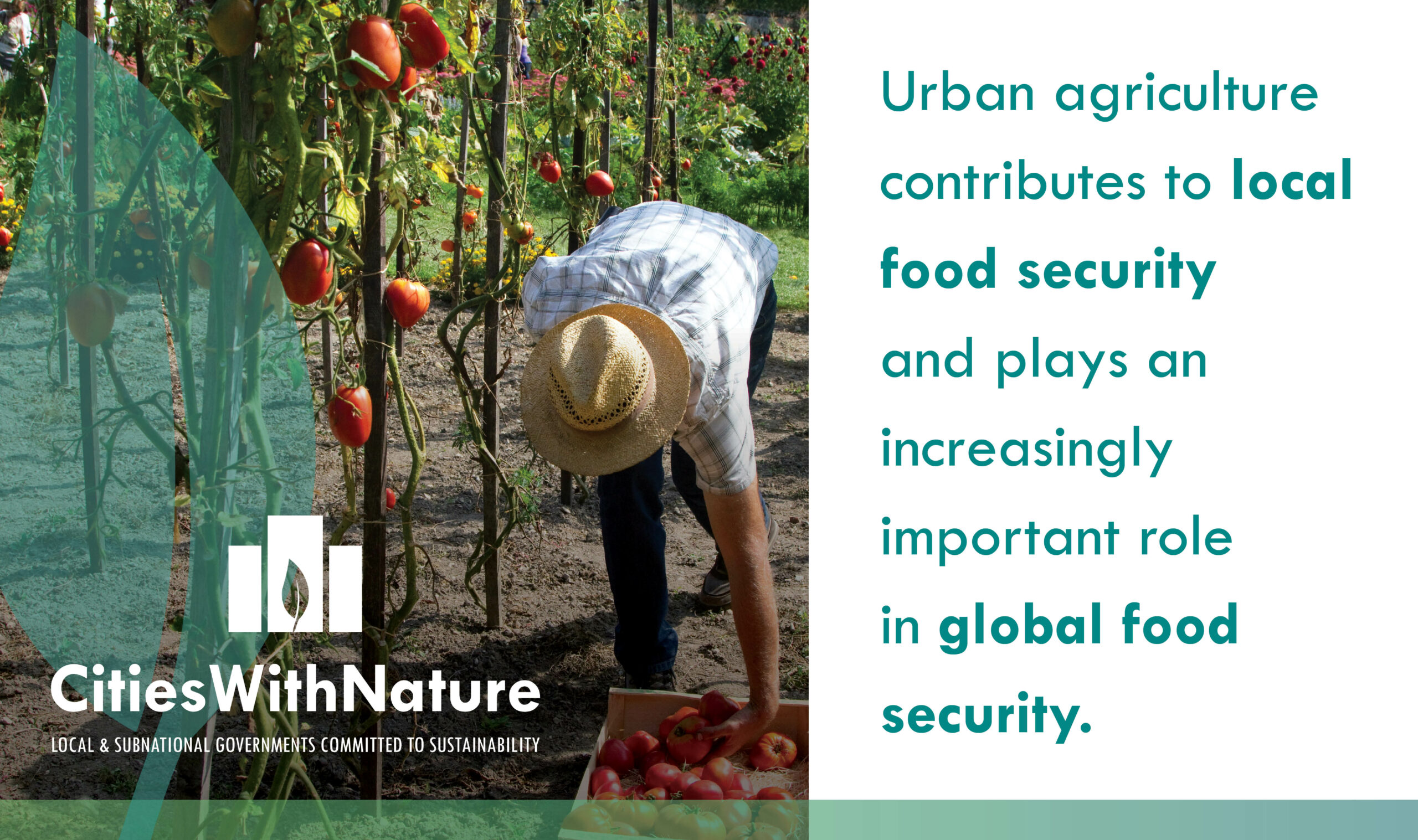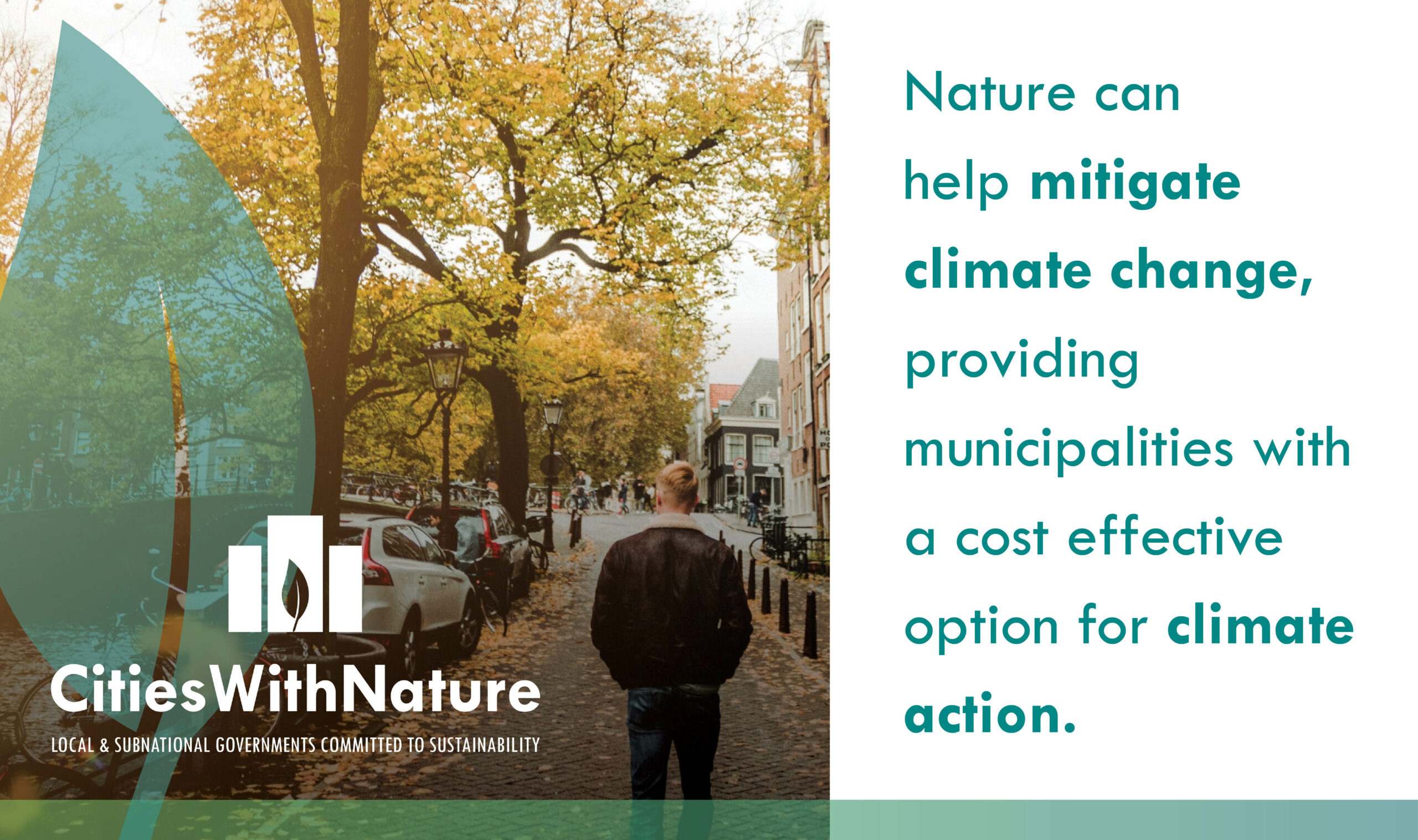On 20 June 2018, at the ICLEI World Congress in Montreal, Canada, three highly respected global organisations launched a unique initiative that recognizes and enhances the value of nature in and around cities across the world.
Called CitiesWithNature, this exciting initiative builds on previous international programs and significant experience and expertise of the founding partners – ICLEI – Local Governments for Sustainability, The Nature Conservancy (TNC) and the International Union for Conservation of Nature (IUCN).
CitiesWithNature is a global platform for cities and other subnational governments, their communities and experts to connect, share and learn from each other in mainstreaming nature into our cities in ways that benefit both people and nature.
“Now, more than ever, we need to reconnect with nature, to plan, build and manage our cities with nature! ICLEI and its partners are proud to present this shared global ambition, which aims to enable a growing number of cities and partners to come on board and collaborate,” says Councillor Cathy Oke, ICLEI’s incoming First Vice President. “I am also particularly excited that my city, Melbourne, has already joined CitiesWithNature as one of its pioneer cities.”

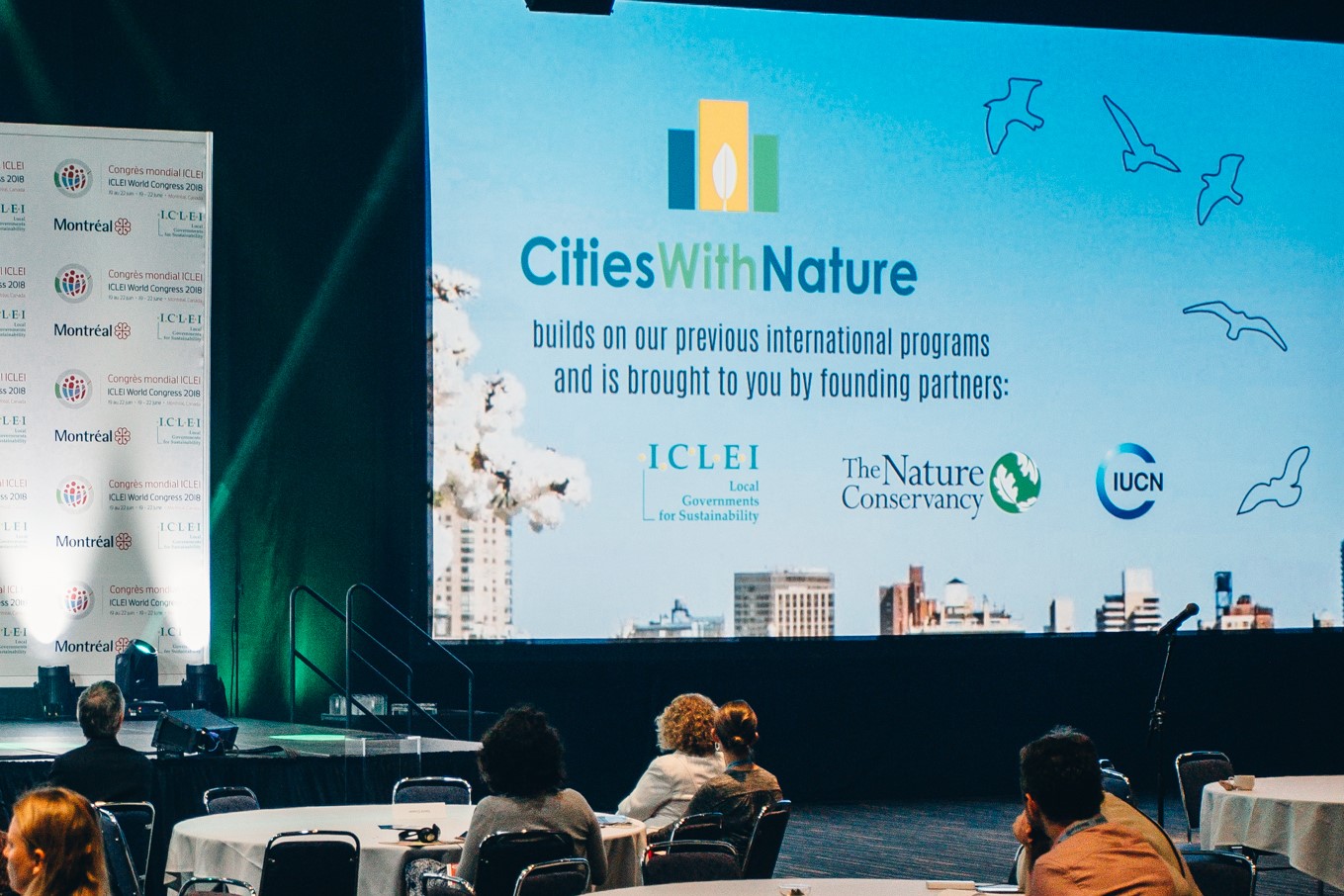
The initiative is open to all cities and subnational governments, regardless of size or level of progress in working with nature. It is structured in such a way that cities can decide how involved they want to be. The more actively they engage and contribute, the more benefits they will receive. There is no fee associated with joining CitiesWithNature. Initially, a commitment, along with some basic information, is all that is needed to register and start participating.
Each city that joins CitiesWithNature will be invited and assisted, through an online Registry, to share its policies, plans, commitments, actions and results related to nature and the services of ecosystems. This will become a powerful resource where cities can connect, share, learn from and inspire each other to accelerate actions and raise ambitions.
“Nature isn’t a luxury, it’s a critical piece of the solution as cities grow and face the impacts of a changing climate,” says Pascal Mittermaier, Global Managing Director for Cities at The Nature Conservancy. “Giving municipal leaders the tools they need to make the case for nature in their communities will help make cities greener, more resilient, truly thriving places for all of us.”

“Cities can benefit tremendously from strengthening the connection with their natural surroundings – this will improve quality of life, ensure the sustainable provision of food, energy and drinking water and create climate resilience. CitiesWithNature offers new opportunities to learn from the best experiences in the world to create cities that are in balance with nature,” says Chantal van Ham, EU Programme Manager Nature Based Solutions, IUCN.
The CitiesWithNature Knowledge and Research Hub will be a “meeting place” and online resource library for practitioners, researchers and other experts, both public and private, to engage and contribute to emerging practices and scientific thinking related to nature in, and surrounding, cities and other urban spaces.
The CitiesWithNature Community Hub will be co-created via social media. It will be open and freely available to anyone from any city in the world to share their experiences, photos, video clips and stories about nature in cities.
For more information and updates, please visit https://www.citieswithnature.org/ or follow on Twitter @CitiesWNature.
View our introductory video below or here (best viewed in HD).
